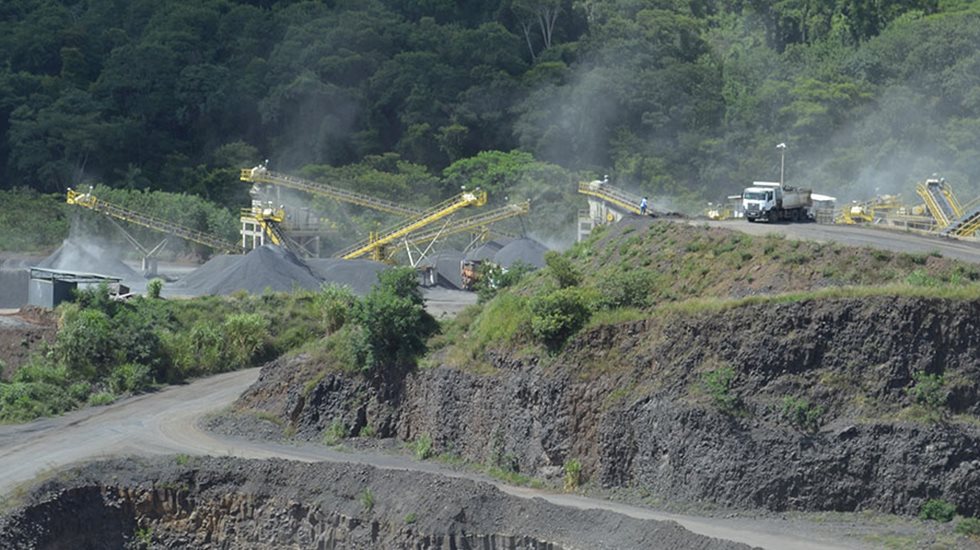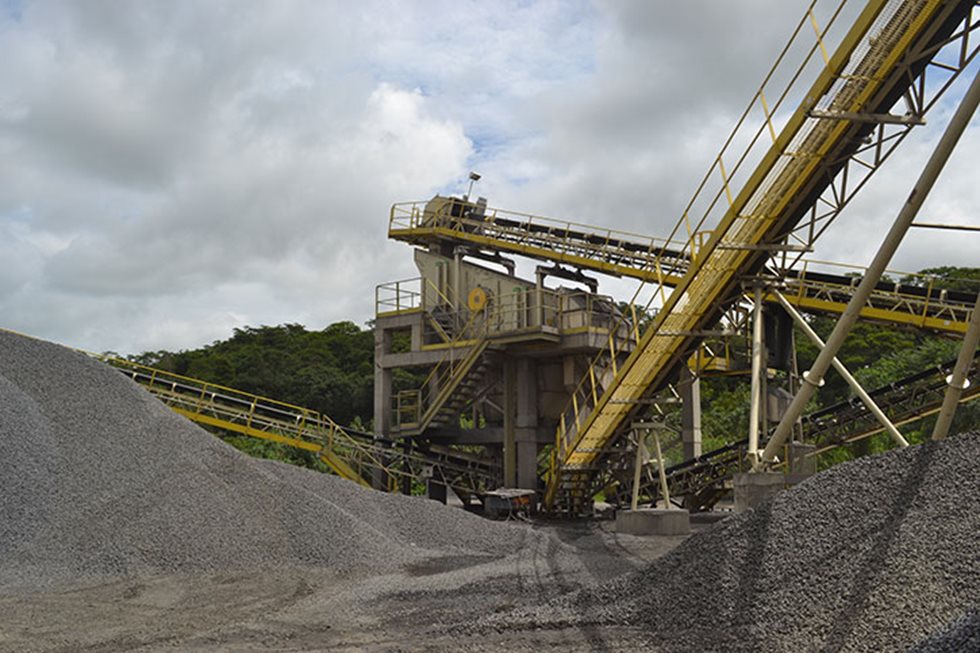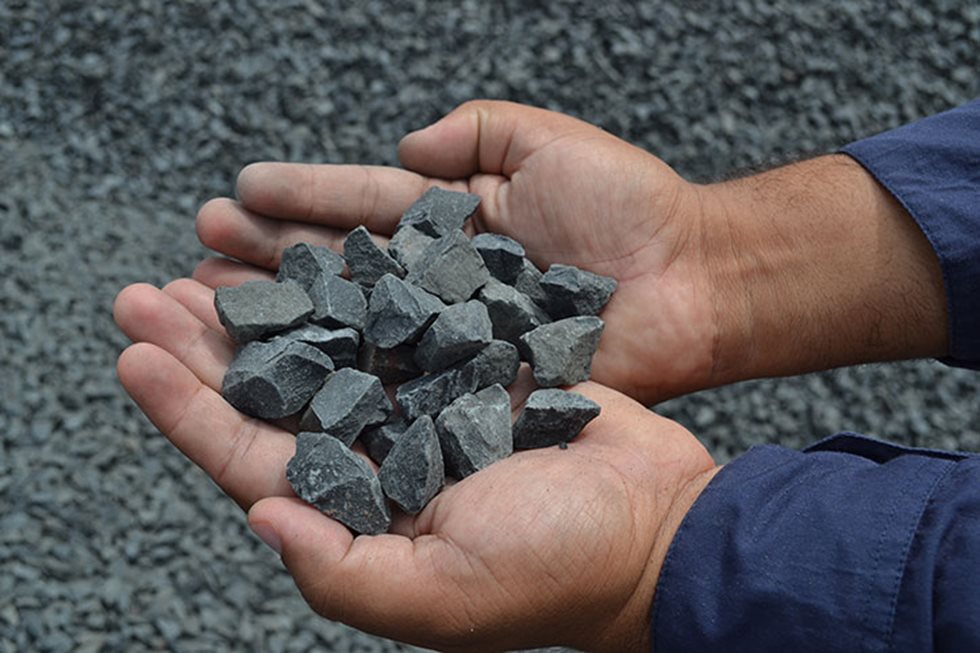The city of Uberaba is an important business center in Minas Gerais, Brazil. Uberaba has a strong tradition in the food production industry and is a renowned global hub for the genetic development of zebu cattle.
The construction of a new ammonia plant, due to begin operating in 2017, is providing another boost for the city’s economy. The project involves an investment of R$ 3 billion and strengthens Uberaba’s position among the 100 most important industrial centers in Brazil.
This positive momentum gave Beira Rio, a quarry located in a rural part of the city, the confidence to invest in a major upgrade in 2014. The transformation included the commissioning of a new crushing plant that replaces the old production line and serves to transform local basalt into mineral aggregates. Comprised of an assembly of Metso machines, the new line has enabled an increase in production from a level of 50 thousand tons per month to between 85 and 90 thousand tons. This increase allowed Beira Rio to move from a two-shift operation to a single-shift operation. And, thanks to the new design of the plant, the quality of the aggregates produced was also enhanced.
Lagging capacity and excessive energy consumption
The project is a natural continuum in the company’s history, which began in 1956. Its current owner, Artur Braghetto Barillari, is part of the third generation of managers and is the grandson of the founder. Directly involved in the company’s operations, Barillari believes that the redesigned production plant was well worth the effort of undertaking a complex civil engineering project and obtaining sustainable financing.
“Growth in local demand spurred our investment, which had already been on the drawing board for some time,” Barillari explains. “We take a preemptive, planned approach and we look after our assets in order to ensure their performance and availability. The new crushing plant has allowed us to meet our demand within – and even exceeding – our standard of quality,” he states.
Before the upgrade in 2014, Beira Rio’s production levels fell short of market demand. This meant that the quarry was unable to meet customers’ needs. In addition, Beira Rio had to deal with a production plant where the machines were often out of operation, despite having a highly-trained maintenance staff.
The aging equipment also meant high energy consumption per ton produced. The same was true in terms of manpower, because of the need for two shifts. In terms of quality, the production plant, comprised of an old fine crusher and a cone crusher, resulted in a lamellar end product.


